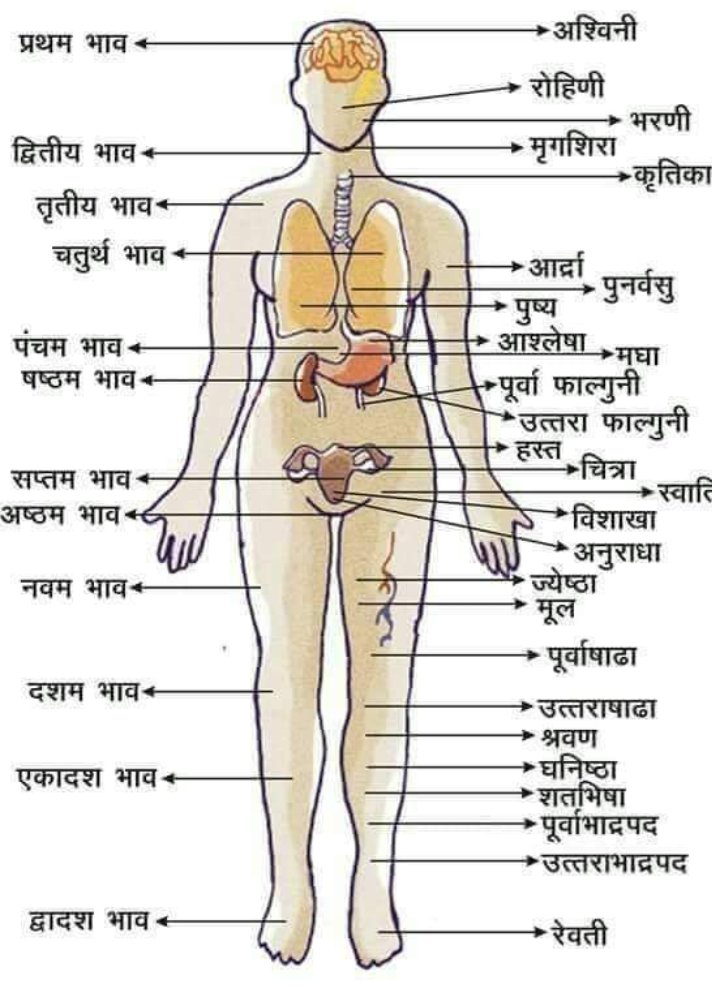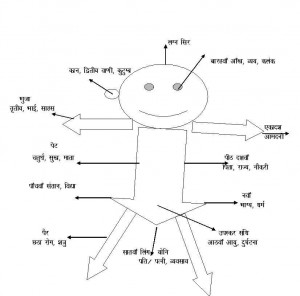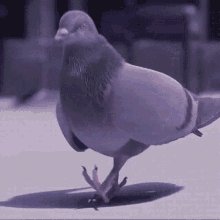
So a final thread from me as your host today: some top tips on how to write for a popular audience about complicated subjects #space #science #writing #storytelling


(Patrick was a brilliant broadcaster. The point I am trying to make is the medium was not exactly groundbreaking in the visuals department)
WELCOME TO THE WORLD OF VISUAL STORYTELLING
MAKE IT SENSABLE*
* That isn’t a typo.
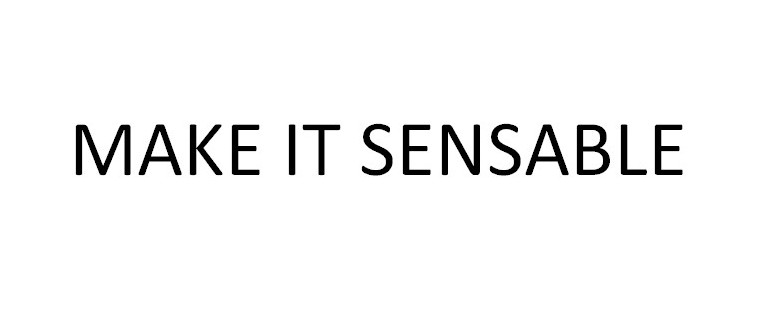
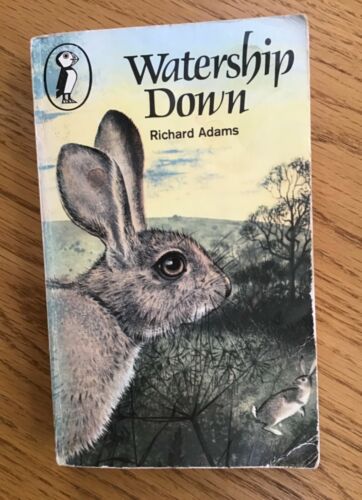
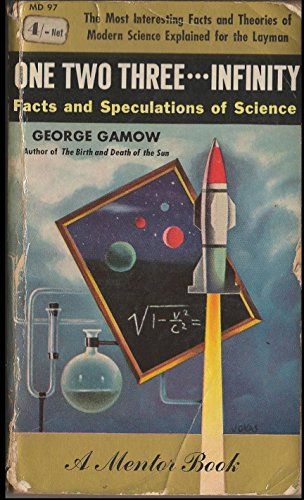
Paul is one of the best writers on physics plying his trade today: I cannot praise his books too highly, and I say that as an apostate and failed physicist
Delighted to announce that my new book, Flashes of Creation: George Gamow, Fred Hoyle, and the Great Big Bang Debate, is now available for pre-order. It offers a fun look at the lives & work of two brilliant, quirky physicists vying to describe the cosmos https://t.co/jlAjLCBPEd pic.twitter.com/be9HwfwCDT
— Paul Halpern (@phalpern) February 7, 2021



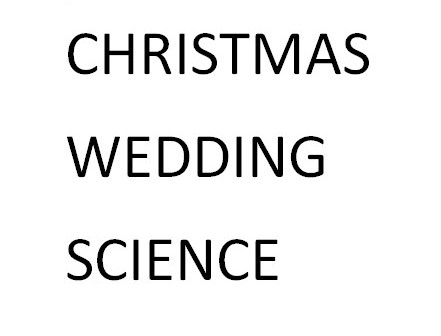






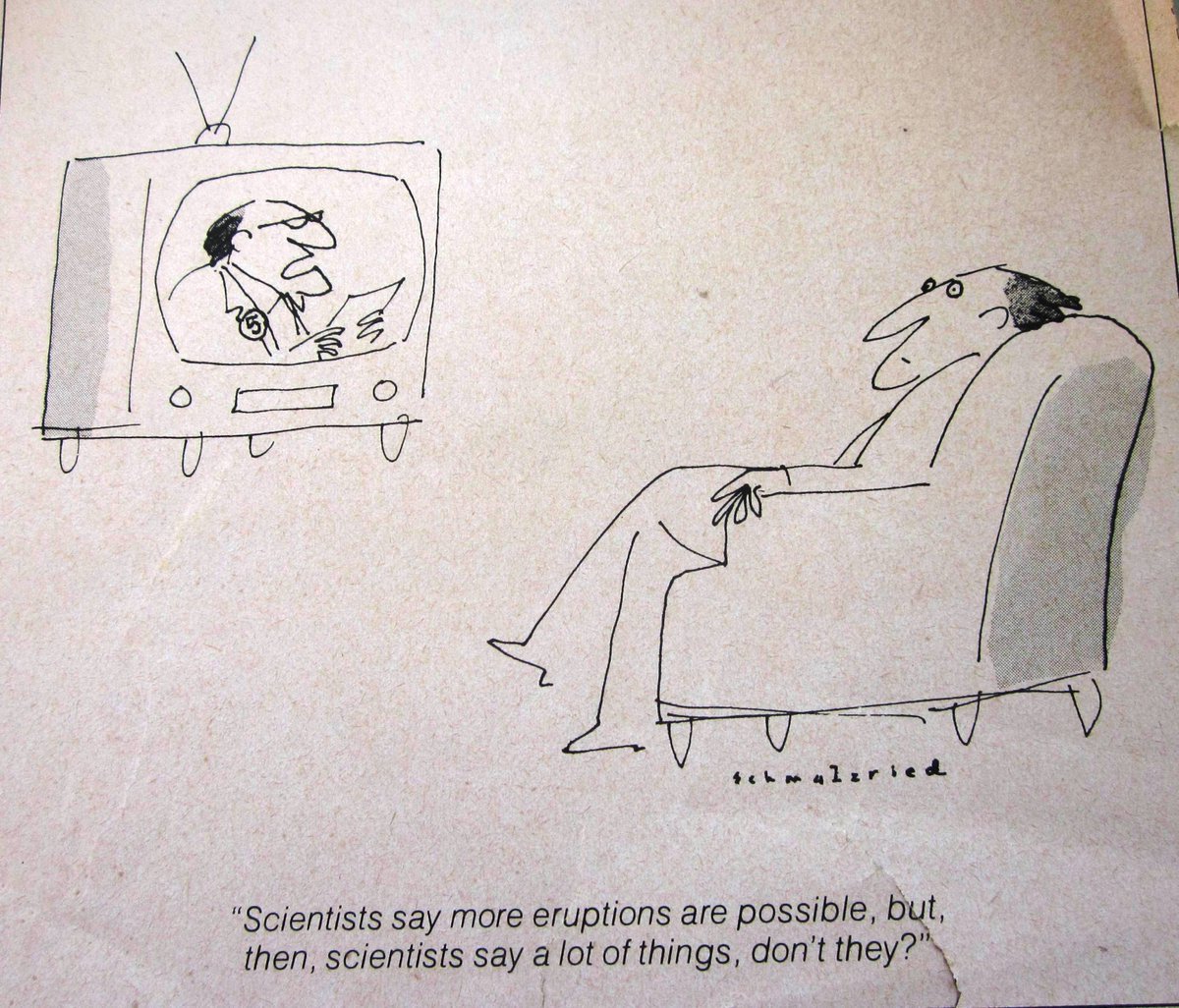

https://t.co/bsfskceBXy

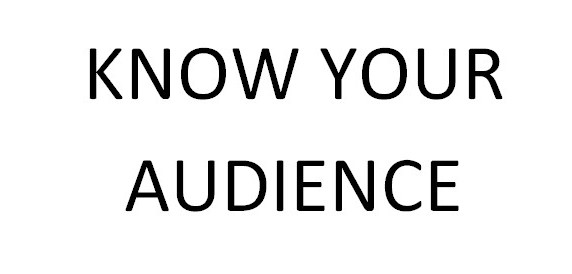
(Shown here and the three body problem, too)



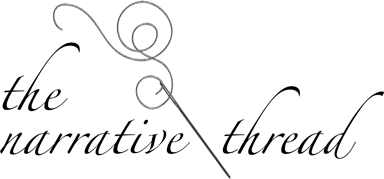
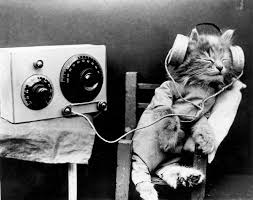

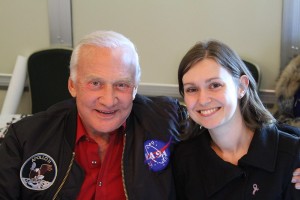
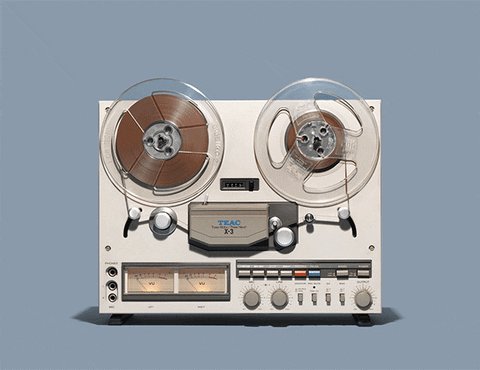
More from Writing
Things we don’t learn in this article: that the author wrote David Cameron’s speeches during the period when they were intentionally underfunding the NHS and other services, directly creating the problem the author is concerned about now.
We also don’t learn that the paper it’s written in stridently supported those measures and attacked junior doctors threatening strike action over NHS cuts and long working hours, accusing them of holding the country to ransom.
We aren’t reminded that NHS funding and the future of health provision was a central part of previous election campaigns, and that attempts to highlight these problems were swiftly stomped on or diverted and then ignored by most of the press, including the Times.
I’d underline here that “corruption” doesn’t just mean money in brown envelopes: it describes a situation where much of an organisation is personally motivated to ignore, downplay or divert from malfeasance for personal reasons - because highlighting them would be bad for careers
Foges was Cameron’s speechwriter at the height of austerity; Forsyth is married to the PM’s spokesman; Danny F is a Tory peer; Parris is a former MP; Gove used to write for them regularly, and that’s before we get to professional mates-with-ministers like Shipman or Montgomerie.
Today we learn health services are brutally underfunded with scant support for hard pressed staff, although it\u2019s left unclear who is responsible for that and it appears to be an exceptional, totally unpredicted phenomenon, like a freak weather event. pic.twitter.com/StwFR7RejE
— Flying_Rodent (@flying_rodent) January 25, 2021
We also don’t learn that the paper it’s written in stridently supported those measures and attacked junior doctors threatening strike action over NHS cuts and long working hours, accusing them of holding the country to ransom.
We aren’t reminded that NHS funding and the future of health provision was a central part of previous election campaigns, and that attempts to highlight these problems were swiftly stomped on or diverted and then ignored by most of the press, including the Times.
I’d underline here that “corruption” doesn’t just mean money in brown envelopes: it describes a situation where much of an organisation is personally motivated to ignore, downplay or divert from malfeasance for personal reasons - because highlighting them would be bad for careers
Foges was Cameron’s speechwriter at the height of austerity; Forsyth is married to the PM’s spokesman; Danny F is a Tory peer; Parris is a former MP; Gove used to write for them regularly, and that’s before we get to professional mates-with-ministers like Shipman or Montgomerie.
You May Also Like
THREAD PART 1.
On Sunday 21st June, 14 year old Noah Donohoe left his home to meet his friends at Cave Hill Belfast to study for school. #RememberMyNoah💙

He was on his black Apollo mountain bike, fully dressed, wearing a helmet and carrying a backpack containing his laptop and 2 books with his name on them. He also had his mobile phone with him.
On the 27th of June. Noah's naked body was sadly discovered 950m inside a storm drain, between access points. This storm drain was accessible through an area completely unfamiliar to him, behind houses at Northwood Road. https://t.co/bpz3Rmc0wq

"Noah's body was found by specially trained police officers between two drain access points within a section of the tunnel running under the Translink access road," said Mr McCrisken."
Noah's bike was also found near a house, behind a car, in the same area. It had been there for more than 24 hours before a member of public who lived in the street said she read reports of a missing child and checked the bike and phoned the police.
On Sunday 21st June, 14 year old Noah Donohoe left his home to meet his friends at Cave Hill Belfast to study for school. #RememberMyNoah💙

He was on his black Apollo mountain bike, fully dressed, wearing a helmet and carrying a backpack containing his laptop and 2 books with his name on them. He also had his mobile phone with him.
On the 27th of June. Noah's naked body was sadly discovered 950m inside a storm drain, between access points. This storm drain was accessible through an area completely unfamiliar to him, behind houses at Northwood Road. https://t.co/bpz3Rmc0wq

"Noah's body was found by specially trained police officers between two drain access points within a section of the tunnel running under the Translink access road," said Mr McCrisken."
Noah's bike was also found near a house, behind a car, in the same area. It had been there for more than 24 hours before a member of public who lived in the street said she read reports of a missing child and checked the bike and phoned the police.












